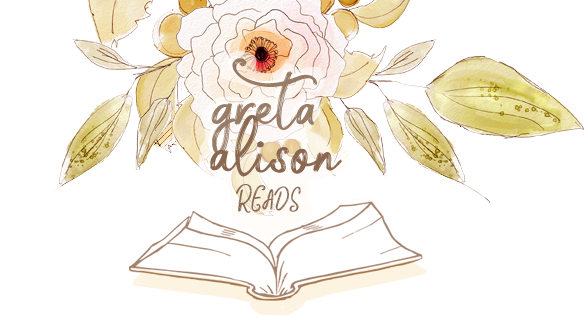REVIEW | Wonder Woman: Warbringer by Leigh Bardugo

“Somewhere far in the distance, she heard the rumble of engines. The voices of the girls grew louder, drawing her onward. They were fifty now, one hundred, the sound so lovely it brought tears to Alia’s eyes. When had she stopped being a child? The first time a guy had whistled at her out of a car window when she was walking to school? The moment she started wondering how she looked when she ran, what jiggled or bounced, instead of the pace she was setting? The first time she’d kept from raising her hand because she didn’t want to seem too smart or too eager? No one had sung. No one had told her how much she would lose until the time for grieving was long over.”
Themes:
- Female empowerment
- Trusting instincts over misguided authority
- Humanity’s natural inclination towards war
So I want to start off by saying that I’m not someone who typically enjoys superhero stuff all that much. I’m not sure that it’s for any particular reason. It’s just one of those things I’ve never been drawn to. Because of this, I had trouble deciding whether I was excited to start this one. I’ve read the Six of Crows duology by Bardugo, and I LOVED it. I also got to meet her at a local book festival, which she attended as part of her tour for this book. On top of all that, the DC Icons series is also going to have books by Marie Lu, Sarah J. Maas, and Matt de la Pena. I’m obsessed with everything Maas does, and the short stories I’ve read by Lu and de la Pena have made it clear that I’m going to enjoy their larger works. So, there were a lot of reasons I wanted to read Wonder Woman: Warbringer, but I wasn’t too invested in the actual story before beginning. Guess what? I adored this book.
This is SO much more than a superhero story. True to her nature as a human being and the reputation for honest commentary she’s gained through her previous works, Bardugo addresses important social issues with accuracy and grace throughout this novel. The main topics she touches on are racism and sexism, but we also have an openly gay character in the main ensemble, so there is a lot of diversity here. And it’s done SO WELL. At least from my perspective. I can’t actually speak to the representation when it comes to the commentary on race and the LGBTQ+ community, but they seemed well done. As for feminism throughout, I felt SO empowered, genuinely. I was like yes, yes, and YES the whole time.
On top of all of that, Bardugo makes this fascinating overall commentary about the nature of humanity, which was frequently a focus in greek philosophy. Being that ancient mythology does play a huge role in this story, that thought fit it nicely.
That brings me to the next thing I looooooved about this book—the extensive inclusion of ancient mythologies. I’m obsessed with mythology, especially those from the Hellenistic age, so the fact that the whole plot of this book is guided by an alteration of the story of Helen of Troy was so exciting and enjoyable for me. My myth-loving heart was singing!
Now let’s talk characters! I appreciated Bardugo’s portrayal of Diana, and think she did a far better job of it than the recent movie did. Bardugo’s Diana does have that endearing and amusing lack of understanding about customs and language (a funny example of this from the book was when Alia refers to Google and Diana thinks she’s talking about a god), but she displays an obvious ability to infer what the rest of them are talking about, even if she doesn’t necessarily understand the exact nuance. She’s not dumb, clearly, and in the movie she comes across as a little dumber for not doing this, which I didn’t love. In Bardugo’s version, the Amazons stay in touch with the human world as best they can. They provide Diana with an education that affords her an understanding of the world outside the Themyscira. I loved that. I also found all of the other characters so dynamic and interesting. Jason’s actions at the end were a true and total shock to me, and even as he did what he did, I found myself aching for his own loss of goodness. Alia was, of course, an awesome character. I enjoyed seeing her come into her own alongside Diana, who was really do the same thing. And Nim and Theo were both hilarious and endearing. I thought they had a real depth of personality and backstory for less central characters.
All in all, this novel surprised me in the absolute best way! I’m not sure why I expected anything less of Leigh Bardugo, but once again I’ll say: She’s a master.




